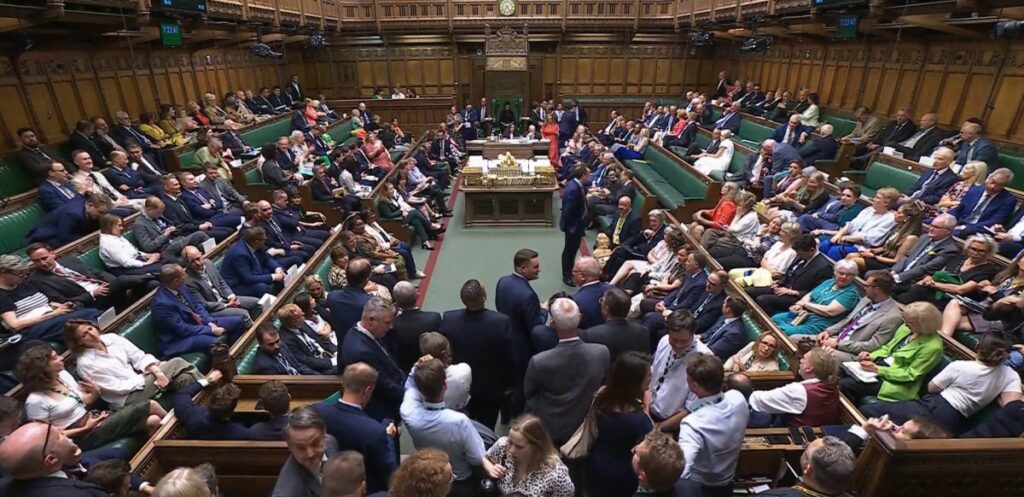Once upon a time, enforcing party discipline in Westminster was a straightforward affair. Party whips wielded significant power, often using a mix of coercion and incentives to ensure MPs toed the party line. However, the dynamics within the UK Parliament are shifting, and the traditional power of the whips is waning.
The announcement comes as Sir Keir Starmer faces challenges over his welfare reform proposals. Despite a landslide victory just a year ago, with a comfortable Commons majority of 165, the Labour Government is struggling to maintain control. This shift reflects a broader change in how MPs perceive their roles and responsibilities.
The Changing Role of Party Whips
Historically, whips maintained control through a combination of intimidation and rewards. They kept detailed records of MPs’ personal indiscretions, using this information as leverage. A notorious example from the 1970s involved a Conservative whip who claimed to have suppressed a scandal involving “small boys” to secure an MP’s loyalty.
In addition to threats, whips offered career advancement opportunities. They controlled promotions to ministerial positions and influential committee assignments. Without their favor, backbenchers found it challenging to climb the political ladder.
However, the effectiveness of these tactics has diminished. The dire threats of the past have been largely abandoned, and the allure of career advancement is not as compelling as it once was. All Conservative prime ministers from 2010 to 2024 faced frequent rebellions, and now Starmer finds himself in a similar predicament.
Social Media and the Rise of Independent MPs
The rise of social media and the fragmentation of traditional media have empowered MPs to communicate directly with the public. They no longer rely solely on party leadership to shape their public image or political careers. An “MP visibility leaderboard” circulating in Westminster highlights how often MPs appear in online media, underscoring their growing independence.
Websites now allow constituents to easily track MPs’ voting records and coordinate messaging on key issues. This direct connection between voters and their representatives has benefits, but it also introduces challenges. Social media can distort perceptions, creating a “funhouse mirror” effect, as described by former Tory MP Lord Hart of Tenby.
“I do think the relentless nature of social media can create a false impression of the level of support or opposition on a particular issue – when you get 500 emails on something, you start to panic and think it’s going to cost you your seat.” – Lord Hart of Tenby
The Impact on Party Unity and Governance
This shift in dynamics has implications for party unity and governance. A recent YouGov poll reveals that only 6% of the public believes the Labour Party is united. According to Lord Hart, there is a delicate balance between representing constituents’ concerns and maintaining party cohesion. A fractured parliament not only weakens the government but also undermines effective governance.
Most of Labour’s 403 MPs owe their positions to Starmer’s leadership. While they may feel they have a personal mandate, it was the party’s brand that secured their seats. Regular defiance of party leadership on key issues threatens the stability of the political system.
While past whips may have overstepped, party discipline remains crucial in a parliamentary government. It ensures that the electorate’s collective will is translated into legislation, beyond local interests and online pressure groups.
Looking Ahead: Challenges and Opportunities
The rise of Reform UK and other political movements introduces new uncertainties into the electoral landscape. MPs may continue to feel unsettled, and Starmer’s influence appears increasingly tenuous. The radical changes needed to address the country’s challenges seem distant.
As Westminster navigates this new era, the role of party whips will continue to evolve. Balancing individual MPs’ independence with the need for cohesive governance will be a central challenge for political leaders in the years to come.
